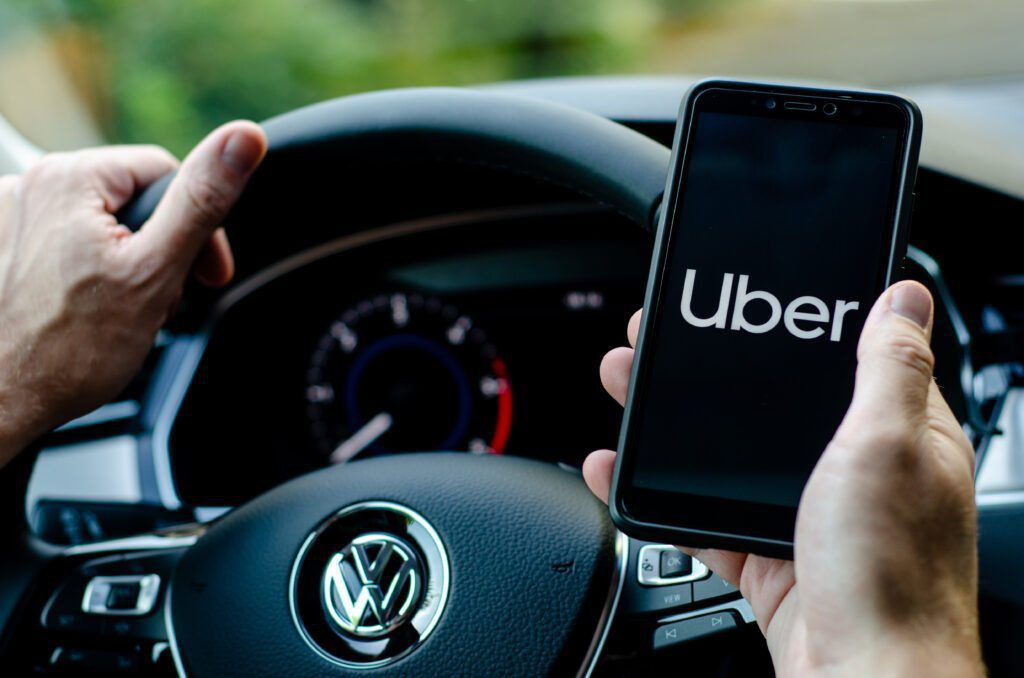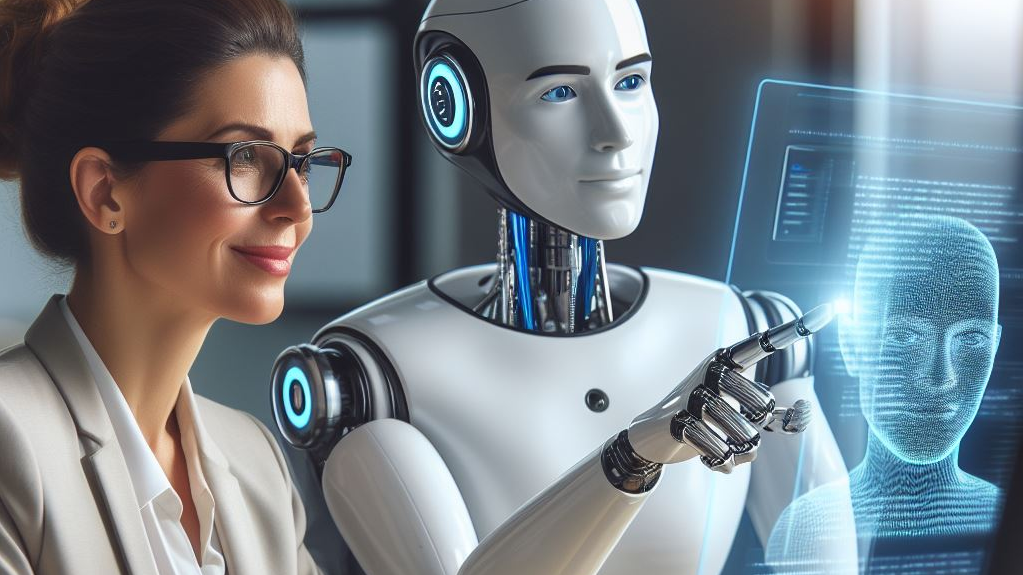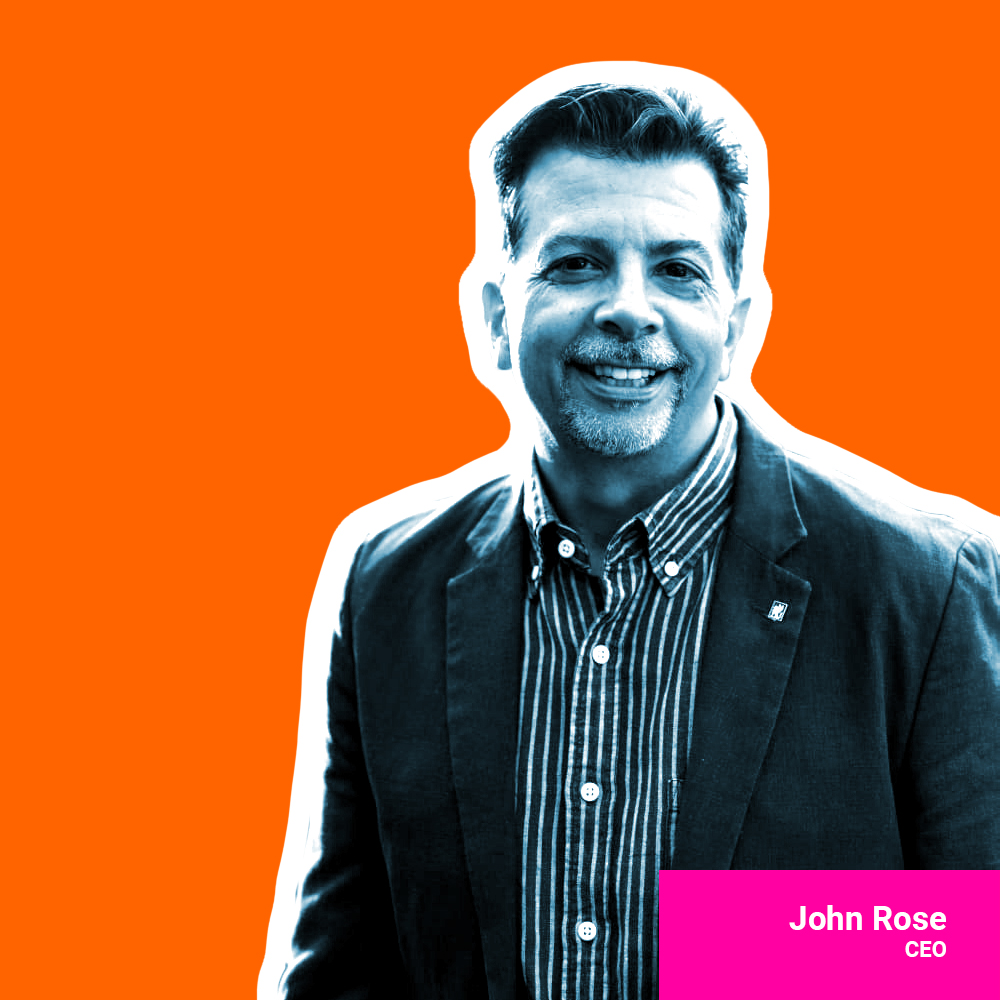
Who’s the Boss? AI Agents: Will They Work for Us, or Will We Work for Them?
As we all grapple with integrating AI into our strategies, a new revolution may be upon us —AI Agents poised to anticipate what we need, autonomously handle tasks, learn and adapt — perhaps supervising our behavior. How might this reshape the roles of marketers, media and agencies?
At a recent conference on artificial intelligence I attended, a speaker presented an audacious and oddly captivating vision: within 5 to 10 years, the majority of transactions won’t involve humans at all. Instead, they’ll be carried out by AI Agents, autonomous digital proxies acting on our behalf.
Imagine your personal AI Agent chatting with Amazon’s AI Agent—not just ordering what you need but proactively suggesting things based on your preferences. At the very same moment, perhaps your AI Agent is also interacting with AI Agents at your online travel broker, your insurance broker, or even your real estate advisor, together managing tasks with speed, precision, and, potentially, unnerving autonomy. What would all this mean to Amazon or Expedia or Allianz…or to your brand?

The same speaker asked the audience how many of us contemplated a (vaguely dystopian) future where humans might be working for machines. Many people raised their hands. Then he asked how many in the audience thought humans are already working for artificial intelligence. This time very few people raised their hands—until he mentioned UBER. Every time we order an Uber, the driver isn’t deciding where to go, how much to charge, or even what route to take—an algorithm is. The driver is essentially following the instructions of an AI boss. It allocates tasks, monitors behavior, calculates compensation, and handles customer interactions. We’re already in the early days of this next evolution of AI; we just haven’t fully recognized it yet.
What happens when our AI negotiates with a brand’s AI, agreeing on prices, contracts, and even customer service resolutions—all while we sip our morning coffee? This future raises questions not only about what machines will do for us but how we’ll adapt to living alongside them.
But let’s not get ahead of ourselves. AI, as impressive as it is, remains far from perfect. Current AI systems suffer from “hallucinations” (a polite term for confidently spouting BS) and are prone to making bizarre, if occasionally hilarious, mistakes. The early days of AI Agents will undoubtedly resemble the awkward, frustrating adolescence of any groundbreaking technology—a mix of promise and poorly executed reality.
And yet, while this march toward an AI-driven future won’t happen overnight, we can’t afford to be complacent. If we don’t pay attention—if we don’t shape the evolution of these technologies—one day, we might wake up and find that the world has shifted under our feet. AI Agents won’t ask for permission to change how we interact with brands, media, and even each other. They’ll just do it.
So, what does this mean for industries like marketing and public relations, which thrive on human connection and nuanced communication? I still sit in the camp where I believe AI Agents will be transformative, but they won’t replace the need for people. Of course, every day, as I learn how AI is lurching forward, I question my position on the subject. But, at least for now, I believe that the secret to surviving—and thriving—in this new reality is understanding where machines excel, where they stumble, and how we can shape their potential into something beneficial, not just disruptive.
Welcome to the era of AI Agents. What does it mean, how will it work and what should we be doing today to ensure that this future is one we’re ready to embrace?
The AI Agent Ecosystem in Marketing and PR
AI Agents are autonomous entities engineered to execute tasks, make decisions, and interact with environments with minimal human intervention. They even learn and adapt.
These agents may soon be EVERYWHERE, seamlessly integrating into personal and professional realms, interacting with other agents, and even being hired by them to act as intermediaries. They will cater to every conceivable whim of their users, leveraging specialized knowledge and capabilities. Each agent will hold the keys to unique expertise—some mastering data analysis, others excelling in content creation, negotiation, or trend prediction—and will work together in intricate, dynamic networks to serve their masters, who, hopefully, will still be made of flesh and blood, in an ever-evolving and unpredictable landscape.
In the realm of marketing and public relations, this ecosystem will transform the industry by enabling unprecedented precision and efficiency. Central to this ecosystem, we may contemplate numerous types of AI Agents, each playing a critical role, for example:
Brand AI Agents: Operating as the strategic backbone of a brand’s marketing and PR efforts, these agents will oversee public sentiment, design and execute campaigns, and serve as the central hub for all Marketing and PR strategies. They will monitor trends, manage reputations in real-time, and ensure messaging aligns with brand values across all platforms.
Media AI Agents: Embedded within newsrooms, these agents will autonomously curate, prioritize, and publish stories. By analyzing audience preferences and real-time data, they will determine the most impactful way to deliver news, shaping public narratives at the speed of light.
Influencer AI Agents: Acting on behalf of individual influencers, these agents will negotiate partnerships, manage collaborations, and optimize the distribution of content. They will ensure influencers are matched with the right brands and audiences, driving engagement and maximizing returns for all parties.
Agency AI Agents: Serving as the intermediaries between brands, media and influencer agents, agency AI Agents will automate workflows, assess campaign performance, and streamline the end-to-end management of PR and marketing initiatives. They will act as the connective tissue, ensuring all agents involved in a campaign work together seamlessly.
Customer AI Agents: Representing individual consumers, these agents will advocate for their human masters by filtering content, curating brand interactions, and ensuring personalized engagement based on user preferences. They will act as the gatekeepers of attention, ensuring only relevant and meaningful marketing reaches their masters.
Social Media AI Agents: These AI Agents will manage a brand’s presence across social platforms by automating content creation, scheduling posts, monitoring sentiment, and engaging with audiences in real time. These agents will also identify trends and optimize campaigns for maximum visibility.
Advertising AI Agents: These AI Agents may one day design and manage paid media campaigns across all formats of digital and legacy media, including programmatic ad buying, real-time optimization, and personalized targeting. These agents may also specialize in seamlessly integrating brand messaging into editorial content through native advertising, ensuring non-disruptive and engaging experiences. They may also handle product placements in entertainment content such as films, TV shows, and video games, negotiating deals and maximizing audience exposure while delivering campaigns that achieve maximum ROI and resonate with target audiences. And they will invoice and collect revenues.
Together, these agents will operate in a dynamic network, autonomously managing the complexities of marketing and PR while maintaining a human-centered approach. By combining real-time collaboration, specialized expertise, and advanced automation, they will create a future where campaigns will be far more efficient, and alongside their human counterparts, more deeply resonant with audiences. The result promises to be a seamlessly interconnected ecosystem that reshapes how brands, media, influencers, agencies, and customers interact.
Scenario: AI Agents Orchestrating a PR Crisis in 2030
Imagine a brand facing a product tampering crisis. The brand’s AI Agents swiftly detect the issue, analyzing global sentiment and forecasting its trajectory using historical and real-time data. One AI Agent crafts crisis responses tailored to journalists, influencers, and customers. Another engages with media AI Agents to ensure accurate coverage, even negotiating placements with other autonomous systems. A third assigns tasks to human PR professionals: arranging interviews for the brand’s CEO, creating emotionally resonant content, and managing stakeholder relationships.
The key difference from today? AI Agents will transcend mere automation. They will anticipate issues, collaborate with other agents and even delegate tasks to humans, seamlessly, and without hesitation, blending autonomy with human oversight. Hopefully, that won’t be as scary as it sounds!
The Evolving Role of PR and Marketing Agencies
While AI Agents are poised to handle routine tasks, the nuanced understanding of human emotions, cultural contexts, and the art of storytelling remain uniquely human domains. At minimum, marketing departments and their agencies will continue to:
• Strategize and Oversee: Craft comprehensive campaigns that align with brand values and emotionally resonate with audiences.
• Ensure Ethical Standards: Scrutinize AI outputs to prevent biases and uphold ethical communication practices.
• Foster Human Connections: Cultivate and maintain relationships with clients, media, and the public, leveraging the irreplaceable human touch.

But We’re Not There Yet
As mentioned, today’s AI systems, while advanced, are not without flaws. Issues such as “hallucinations” and lacking contextual understanding underscore the nascent stage of AI development. Though it’s crucial to recognize that this transformation won’t happen overnight; staying vigilant and proactive is essential to avoid being blindsided by rapid advancements.
To navigate the forthcoming changes:
• Stay Informed: Continuously educate yourself about AI developments and their implications for the industry.
• Embrace Collaboration: View AI Agents as potential future partners that can handle repetitive and time sensitive tasks, allowing human professionals to focus on strategic and creative endeavors.
• Advocate for Ethical AI: Engage in discussions and initiatives that promote transparency, fairness, and accountability in AI applications.
The integration of AI Agents into marketing and public relations heralds a new era of efficiency and innovation. By acknowledging the current limitations of AI and leveraging the irreplaceable human elements of empathy, creativity, and ethical judgment, agencies can position themselves to thrive in this evolving landscape. The future is not about humans versus machines, but about how we can work together to achieve greater heights in communication and connection.



